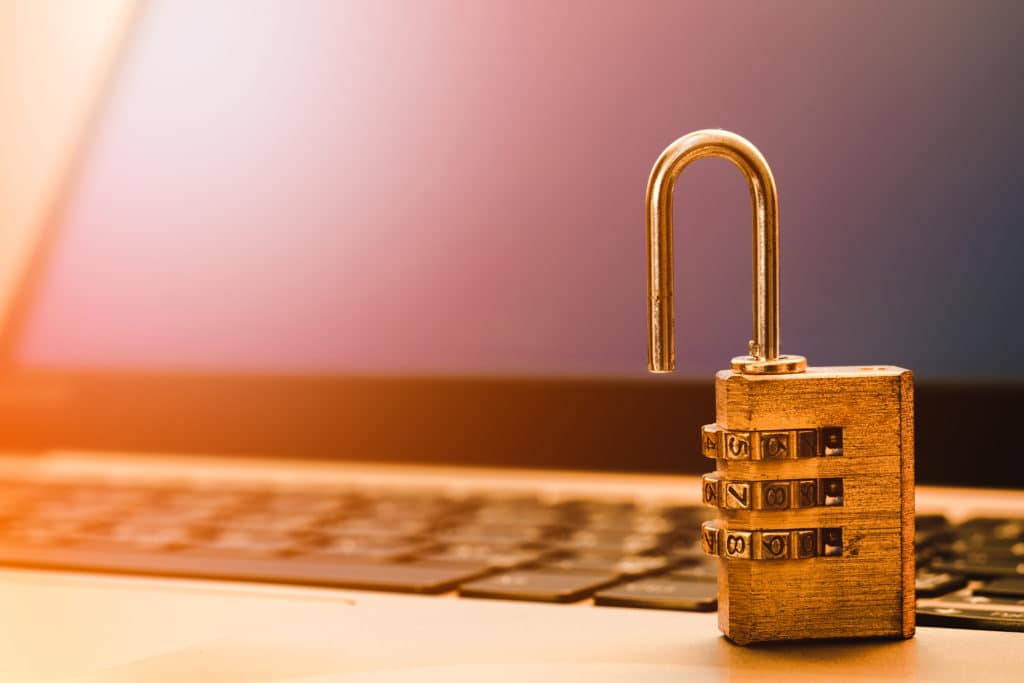
It’s been a few weeks now since companies in Fresno and most of the country have had to completely change how they do business.
Stay at home orders in California and other states due to the COVID-19 pandemic have meant a hasty transition to a remote workforce and navigating a new reality.
This transition hasn’t been without its challenges, with one of the biggest being network and device security.
70% of IT professionals believe that remote workers pose a greater security risk than onsite employees.
Here are a few questions to ask yourself about your company’s cybersecurity now that the dust has had a change to settle from the quick transition.
- Are your remote workers using VPN connections?
- If so, how are you protecting your network now that it’s been extended to include employee home networks?
- Are you using a next-gen firewall?
- Has your firewall been configured to account for multiple remote logins?
- For employees using their personal computers, are you using a monitored antivirus solution?
- What about patches and updates?
If you’re unsure about any of those questions or other remote security needs, don’t worry. We’ll go through several tips for ensuring that your remote workforce is secure, and your data protected.
Keep Telecommuting Employees Secure
When considering cybersecurity, there are a few different areas of your IT infrastructure that you need to address.
These include:
- Employee network security
- Office network security
- Device security
- Cloud platform security
The tips below will address all these areas and help you extend your current network security to cover your remote employees.
Have Employees Connect Through a Business VPN
Business VPNs (virtual private networks) provide an additional layer of security. This is vital when employees are connecting from multiple networks, many of which may not have great security because they’re using routers designed for residential use.
A VPN connection will encrypt traffic to protect it from being intercepted by a hacker and makes it easy for you to protect multiple home networks with a single solution.
Have Employees Update & Segment their Router
An additional protection for an employee’s home Wi-Fi network is to ensure the router is properly updated for any security patches. Because this typically has to be done manually, home router’s often go without vital security updates.
Routers are the most frequently breached device in IoT attacks.
The second router safeguard is to have employees segment their home router, which is as simple as setting up a guest network. Once a guest network is set up, have them use that only for their work devices. This add an additional layer of protection by putting sensitive devices on their own wireless network, away from other devices in the home.
Use a Next-Gen Firewall at the Office & Configure it for Remote Logins
Many businesses are now dealing with their office networks handling multiple remote login requests from employees needing to connect to servers or workstations.
This can mean security vulnerabilities if you don’t have a next-gen firewall in place with advanced threat protection to keep intruders out.
When configuring your firewall for remote employee traffic, use safeguarding techniques like whitelisting. This is where you tell your firewall which programs are allowed to run processes or which users are approved to login. Those not authorized are blocked by default.
Use Managed Services for Device Protection
Many employees are using their personal computers for work while they’re at home. If those computers aren’t properly protected, it can lead to data loss, breaches of confidential company information, or malware infections.
The most efficient way to ensure employee devices are properly protected is to have them attached to a managed IT services plan. This allows them to be monitored and managed remotely by professionals.
Unity IT provides services for your remote workers, such as:
- Monitored antivirus
- Managed updates and security patches
- Email security
- Managed backup and recovery
Use a DNS Filter
Phishing is a constant threat, and with employees removed from their normal working environment, they’re even more susceptible.
Ensuring your team has a DNS filter application on their computer can prevent an injection of malware from visiting a malicious website. The DNS filter checks URLs first before loading the page and blocks any that are dangerous.
Implement Multi-Factor Authentication (MFA) for Cloud Platforms
If you don’t already have MFA enabled on all your company cloud platforms and web-based accounts, you should do that now. It’s especially important now that phishing attacks have skyrocketed as hackers try to take advantage of the pandemic.
Microsoft’s cloud services see about 300 million fraudulent sign-in attempts daily, and they state that using MFA stops 99.9% of account hacks.
You should also be using multi-factor authentication on any remote desktop software you are using to allow employees to connect to devices at your office.
Save Time by Working with Unity IT to Secure Your Extended Network
Don’t leave your company open to a ransomware attack or data breach. Unity IT can work with your team to ensure your remote workforce is properly secured.
Contact us today to schedule an IT security consultation at 559-297-1007 or through our website.

